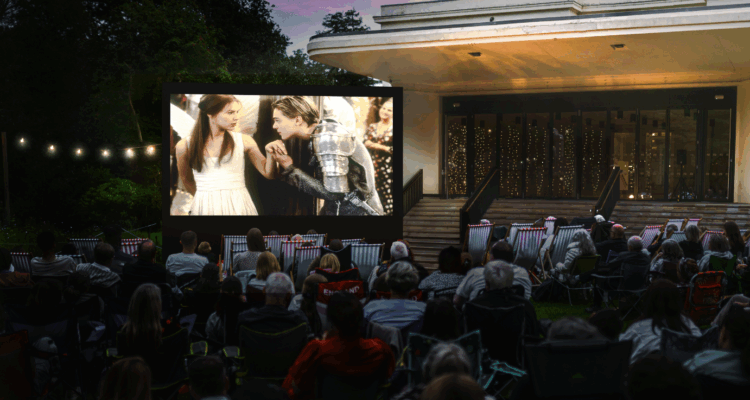On Reading Paradise Lost #1
In my Get Into Reading group we have embarked on a mighty task: we're starting to read Paradise Lost, together, aloud. We began this week, reading The Argument and the first 83 lines of Book One. So yes, it's going to be a fairly slow read, but we're in no doubt that it will be very rewarding.
We're planning to blog our progress (probably not every week!) and we hope that other people will join us in reading and engaging with Milton's epic work. For the first week, here's my account of how we're getting on:
Take a deep breath as we begin our adventure...
The Argument helped us to understand what we were about to read, to introduce the poem to us, and it was at this point we realised how we were dealing not only with a story but with different concepts of time and space: concepts that we in the modern (or even mortal) world are not familiar with. We spoke about how Hell, at this point, didn't exist, but had to come into existence as a place for God to put something that revolted in Heaven, to show that there was something other than this peaceful, contented state. Then we went on to talk about Hell as an emotional/metaphorical state rather than a physical place, and that this place of "utter darkness" to which Satan "falls" can be a construct of mind rather than a tangible hell.
Moving on to the poem itself, we were intrigued to read that Milton puts himself into the poem and that the first 26 lines are written as a prayer: "I thence/Invoke thy aid to my advent'rous song". Calling on God to instruct him as he writes, not only means that he is admitting that he needs assistance in telling this epic story of the fall of man but perhaps also that he needs an explanation to assert "Eternal providence,/And justify the ways of God to men": he knows Paradise Lost will be controversial. For the poet to be inside his poem struck us as unusual but as we read on we realised that it allows the poet's voice to step outside the narrative and to explain things to the reader in ‘layman's terms', in ways that we humans, who cannot understand the boundless space and non-linear time that is presented as Heaven, can understand: "Nine times the space that measures day and night / To mortal men".
The descriptions of Hell that Milton presents (ll. 44-69) are vivid and horrific - "To bottomless perdition, there to dwell/In adamantine chains and penal fire" - and would have been particularly potent for readers at the time it was written: the use of fire, which would have meant both life and death, and bodily torture, which would have been the main form of punishment for citizens at this time. These passages also use abstract terms to explain this place - for example, "bottomless perdition" - and once again we realise that this place may not indeed be a place but a state of mind. There is an appalling realisation that occurs as Satan and his "horrid crew" have to make the adjustment from the place of Heaven (peace and contentment) that they have now lost for eternity, "where peace/And rest can never dwell, hope never comes/That comes to all" to realise, "O how unlike the place from whence they fell!"
The phrase "darkness visible" further reiterates the idea that Hell, at this point, can still be a state of mind rather than a physical place; that the darkness (the woes, the torment) is made visible through a lack of goodness and as punishment. All that can be experienced in this place, all that can be seen is woe, "regions of sorrow, doleful shades", but not anything physically awful. It is perhaps only when Satan comes to naming the "companions of his fall", giving them an identity and therefore an ego, that we begin to see a physical place being formed.
Share
Related Articles

Open Air Cinema and Theatre FAQ’s
If you were able to snap up tickets to our Open Air programme this summer, check below for any queries…

New Liverpool open air cinema brings movies to the Mansion
NEW FOR 2025: Eight handpicked films will hit the big screen in Calderstones Park this summer as national Shared Reading…

A breath of fresh air! This summer’s outdoor and cultural events at our Calderstones Park home
The Reader serves up a giant scoop of summer arts and entertainment from three special summer garden parties with special…


